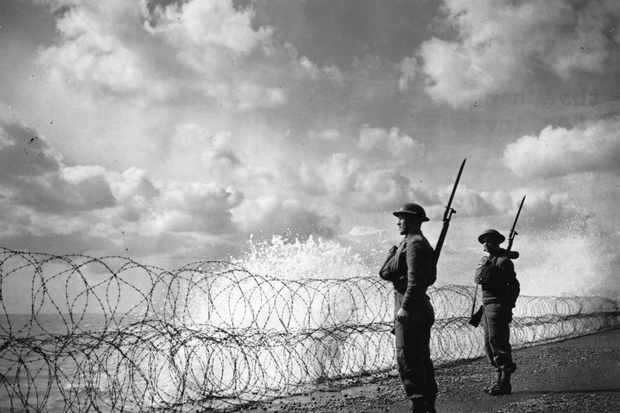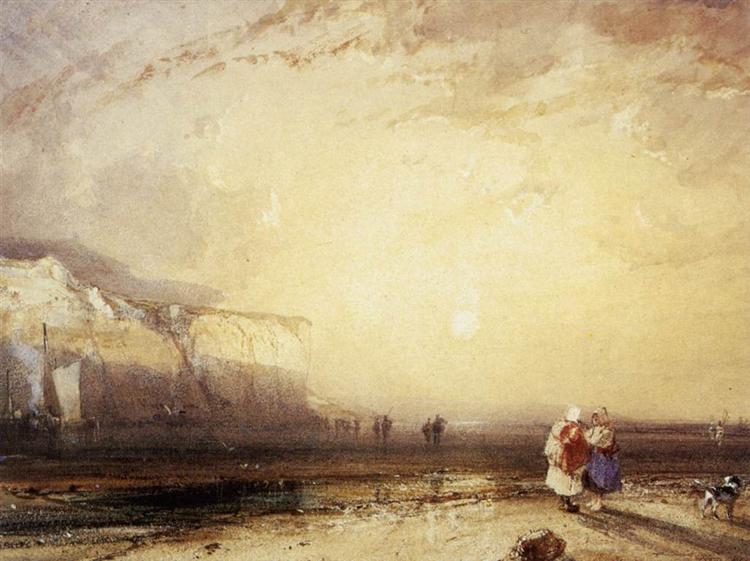President Biden is not yet in office, but the sighs of relief in Europe’s polite political society are ear-splitting – anyone but Trump! In Germany, where people always have a firm view on whom other people must and must not elect, 95 percent rejoice that Trump is gone. Note, however, that while he may be gone as POTUS, there is a good chance, unless he goes to jail, but perhaps even then, that he will continue to be a powerful presence as leader of a powerful United States’ disloyal opposition.
In any case, hoping for the good old days of hyperglobalization to return, and ‘populism’ to vanish into the dark, European politicians are revelling in happy narratives of rule-bound multilateral global governance in the good old liberal international order (LIO), when an incoming American president could be awarded the Nobel Peace Prize as a thank you just for taking office – conjuring up a past that never was, in a desperate effort to turn it into a future that never will be. In the lead are the Germans, in Berlin and Brussels (where Frau von der Leyen is working overtime to express transatlantic enthusiasm). Included in their love letters to Washington is a mysterious morning gift: a promise that ‘the Europeans’ will from now on carry a ‘larger share’ of the ‘common burden’ and accept more ‘responsibility’ for themselves and the ‘West’.
What burden? What responsibility? What have ‘we’ failed to do in the past that ‘we’ will do in the future, now that the bad President is succeeded by a good President? At issue here is the commitment of NATO member countries to raise their ‘defence’ spending to 2 percent of GDP. The pledge, made in 2002, a year after 9/11, and two years after Putin’s ascent in Russia, was renewed under Obama (and Biden!) in 2014, and the failure to deliver on it was a linchpin in Trump’s anti-NATO rhetoric. Since France and Britain had always spent more than 2 percent, not to speak of the United States, this was essentially aimed at Germany, where defence spending was and still is between 1.1 and 1.3 percent of GDP. Germans across the political spectrum, Die Linke not included, hope that if European NATO members, above all Germany, mend their ways, the United States under Biden will rediscover their love of Europe, and transatlantic relations will again be, to use a German phrase, peace, friendship and pancakes.
Meeting the 2 percent target is made both easier and more difficult by Corona: the former because with a declining GDP, constant defence spending looks like growing defence spending; the latter because after Covid-19 states will need the little public money left for rebuilding their economies and societies. The hope is that Nice Joe, unlike Evil Donald, will take the good intention for the deed and settle for less. In return Germany is willing to commit not just itself but Europe as well to the anti-Russian geopolitical strategy dear to the American military establishment, the Clinton wing of the Democratic Party, and the Bush wing, if it still exists, of the Republican Party. (One reason the American military hated Trump was that he tried, in his blundering ways, to end the confrontation with Russia). That strategy consists of keeping Russia under pressure while breaking up its cordon sanitaire and absorbing its neighbouring countries into Western alliances, among them the EU. This includes anchoring Poland and the Balkans firmly in the Western camp and bringing in Ukraine as well (who can forget that Biden’s son Hunter sat on the board of a Ukrainian energy company, earning a respectable $50,000 a month, although he had not the faintest idea about the energy business). In the end, once Putin has gone, Russia itself may open up to ‘the West’, as it seemed to before Putin took over from the American favourite, Yeltsin. Whether this will work is of course far from certain, as is Germany’s ability to come up with the cash required for building up its military; in 2019, before Corona, the defence minister’s official estimate was an increase to 1.5 percent by 2025, while the finance minister forecast a decline (!) to 1.26 percent by 2023.
Germany’s offer to Biden, graciously made on behalf of Europe as a whole, is not without risk. If Germany met the 2 percent target, the German defence budget alone would be about 40 percent above what Russia is currently spending on its military, for which it needs no less than 3.8 percent of its GDP. Remember Obama’s remark, immediately regretted, at a news conference in 2014: ‘Russia is a regional power that is threatening some of its immediate neighbours – not out of strength but out of weakness.’ Since Germany signed the nuclear non-proliferation treaty in 1965, any additional German military spending would be limited to conventional forces, the kind that would matter in a land war. (Russian memories of German tanks approaching Moscow are at least as vivid as French memories of German tanks arriving in Paris.) German conventional superiority might encourage Russia’s neighbouring countries to drift toward the West, as did Ukraine, in response to which Russia (re-)appropriated the Crimean Peninsula. Otherwise, the Russian response to a German conventional build-up can only be an upgrading of its nuclear deterrence, which in fact seems already under way.
Most threatened by this would be non-nuclear Germany. In return for Germany renouncing nuclear arms, the United States promised back in the 1960s to put the country under an American nuclear umbrella. Whether that promise would in fact be kept in case of a European confrontation was always a matter of concern for German governments, and more than ever under Trump. To reassure Germany, the United States stationed nuclear bombs on German territory (a quite reassuring sort of reassurance one should think; nobody, not even the German government, knows how many and where), plus roughly 40,000 troops as a ‘tripwire’ for the Russians in case they chose to attack Germany. (Trump moved some of them to Poland, which greatly worried the German government.) Moreover, Germany persuaded the United States to let German bomber planes, made and sold in the US, carry American nuclear bombs to Russia if push came to shove, of course only under American or NATO command, which is the same thing. In return, Germany is willing to live with a Russia increasingly nervous about Western encirclement.
Is there an alternative for Germany and for Europe? France, like the US, wants Germany to arm itself to its 2 percent teeth (just conventionally of course) – not in the name of transatlantic harmony but rather for what is to become a ‘European army’ – an idea strangely popular among German left-liberals. France has long wanted Europe to make peace with Russia, so it would have a free hand in Africa, for its wars against ‘Islamic fundamentalism’ and for rare earths and other raw materials. The idea is for European, meaning basically German, troops to fill the conventional gap in the French arsenal due to the high costs of nuclear weaponry. By trashing NATO and seeking accommodation with Russia, Trump was to some extent helpful in this; which is why the French congratulations for Biden sound somewhat less enthusiastic than the German ones. With its seat on the UN Security Council and its nuclear force – none of which will be shared with either Germany or ‘Europe’ – France feels strong enough to build Europe into a third global force, rivalling both China and even perhaps the somewhat diminished United States. Germany, for its part, hopes that Biden will spare them the choice between Scylla and Charybdis, kindly allowing them to remain under American nuclear protection without, somehow, having to alienate France and thereby undermine ‘European integration’ under German hegemony. On 16 November this year, Macron attacked the German defence minister and Angela Merkel herself in an interview with the online journal Le Grand Continent, with unprecedented abrasiveness, for not supporting his call for ‘European strategic sovereignty’ – for all practical purposes, French strategic sovereignty.
It is high time for the rest of Europe, in particular the European Left, to think about how to avoid subordination of their vital national interests under either a no longer united United States or a new round of old French, dressed up as new European, imperialist adventurism (remember Libya?) in Africa and the Middle East.
Read on: Wolfgang Streeck’s forecast for the end of capitalism.

